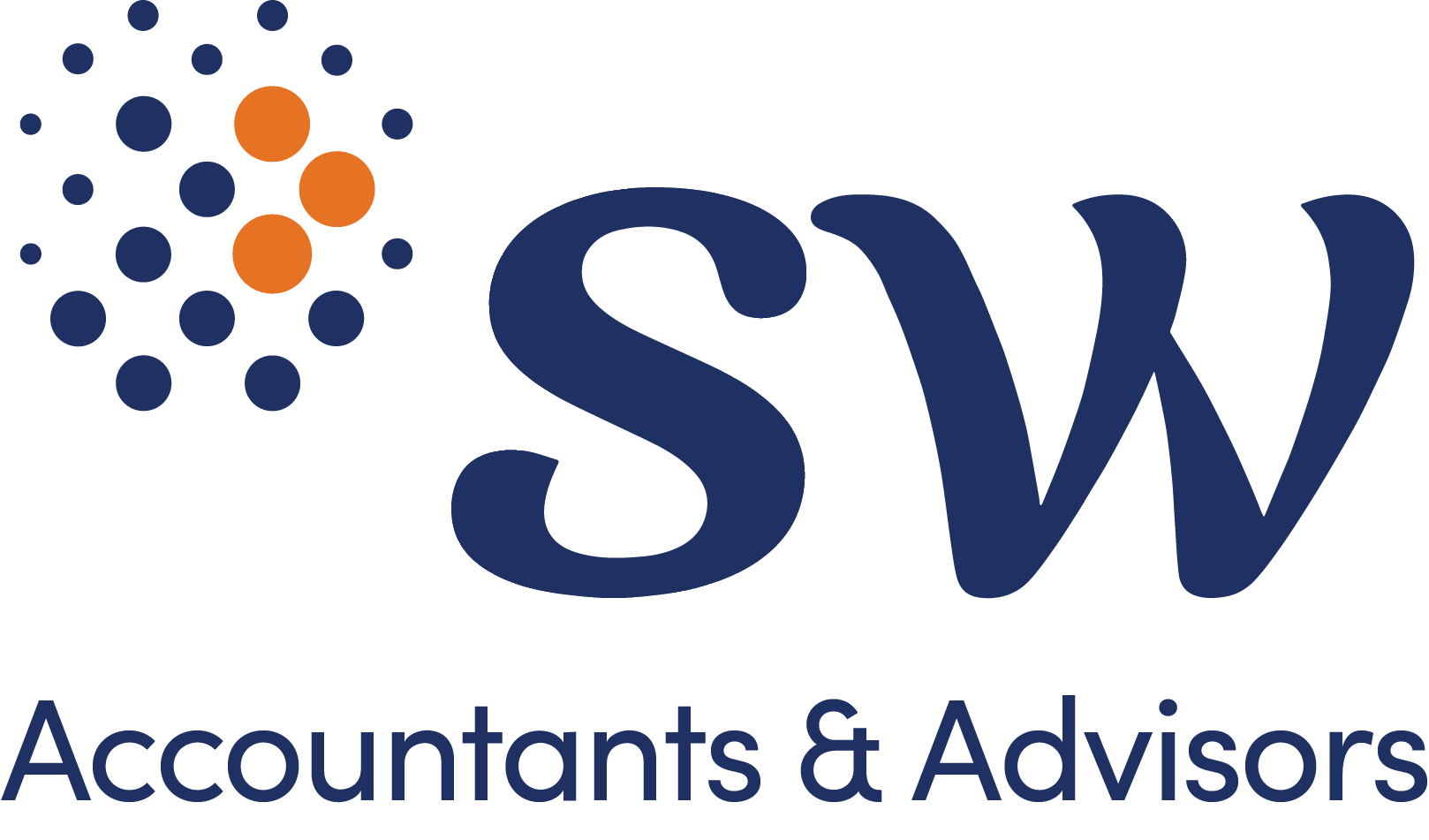
Federal Court of Australia rules annualised salary arrangements are not effective
22/09/2025
The Federal Court of Australia, in a series of four cases involving Coles and Woolworths, ruled that both employers breached workplace laws by failing to correctly pay award entitlements to salaried managers.
The Court found that annual salaries cannot be used to offset overtime and penalties across pay periods, and that employers must meet award obligations in each pay cycle with accurate time records.
What has happened
On 5 September 2025, the Federal Court handed down its verdict in Fair Work Ombudsman v Woolworths Group Limited; Fair Work Ombudsman v Coles Supermarkets Australia Pty Ltd; Baker v Woolworths Group Limited; Pabalan v Coles Supermarkets Australia Pty Ltd [2025] FCA 1092.
The Court examined a range of issues and found both Coles and Woolworths breached workplace laws. The headline issue was clarified regarding the interaction between annual salaries and award entitlements under the Fair Work Act. It was ruled that annual salaries cannot be used to offset overtime, penalty rates, or allowances across multiple pay periods.
Instead, employers must ensure each pay cycle independently satisfies the minimum conditions set out in the relevant award. This brings the effectiveness of annualised arrangements into question, as remediation payments may be required for any pay period in which award entitlements exceed the annualised salary.
In addition to the offsetting matter, the Court considered a range of other issues, including:
- all-inclusive annual salary arrangements do not remove the requirement to keep records of entitlements. Employers must not only keep time and work records but also interpret and classify the time and work into a record of an employee’s entitlement. A breach of record-keeping requirements may shift the burden of proof to employers
- confirmation that leave and rostered public holidays not worked count as hours worked (e.g. for determining overtime based on cumulative time calculations)
- confirmation that for agreements to be effective, employees must also understand that they are forgoing rights under the Award
- approval of a methodology for calculating underpayments where records were incomplete or missing.
A further case management hearing is listed for 2 October 2025. It is also possible that Coles and Woolworths may appeal the decision.
Implications for employers
If not appealed, this decision may have significant implications for employers that rely on annual salary arrangements to cover employee entitlements arising out of industrial instruments. Retrospectively, this may mean that wage underpayments could arise even where employees are better off on an annual basis. Going forward it may mean that employers need to retain better and more sophisticated records, calculate notional Award or EBA-based salaries for record-keeping purposes, and top up employee salary on a periodic basis if necessary.
How SW can help
Given the current uncertainty surrounding the case management hearing and its potential outcomes, we recommend that employers take this opportunity to review and assess any potential gaps or areas of exposure.
SW can assist by:
- conducting gap and risk assessments across employment arrangements, payroll systems, timekeeping processes, and record-keeping practices to identify where entitlements may not be met or where obligations are unclear
- developing simple testing models to help clients estimate underpayment exposure and assess risk – whether using existing data or scenario-based assumptions
- supporting clients to reconstruct detailed entitlement records using available time and attendance data (e.g. clock-in/out logs) and identify where further tracking or classification may be needed.
Whether you have robust data or limited records, we can help you understand your exposure and take practical steps to reduce legal and financial risk.
To find out how SW can tailor a solution to your organisation’s needs and safeguard your compliance, get in touch with our team today.

